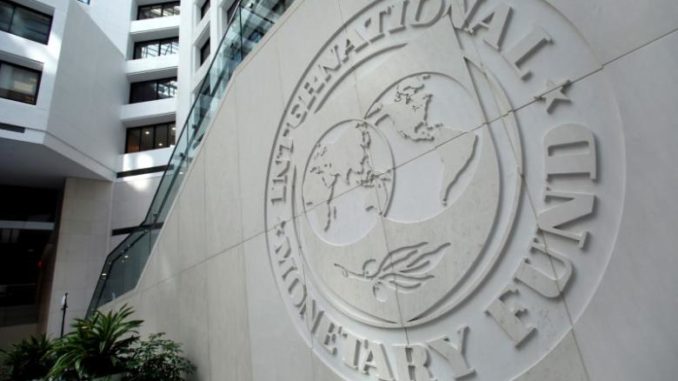
For failing to comply with its procurement and consultant guidelines, the World Bank has axed 14 Nigerian companies from participating in all its funded activities.
The bank, New Telegraph gathered, under what it tagged ‘Fraud and Corruption’ noted that the firms and individuals that are delisted are ineligible to be awarded a World Bankfinanced contract.
The affected individuals and firms were sanctioned under the bank’s fraud and corruption policy as set in the Procurement Guidelines or the Consultant Guidelines.
According to the global financial institution, some of the firms were banned for a period of two years, three years while others were banned permanently.
A document obtained by New Telegraph, which contained the list of all affected individuals and firms, noted that such sanction was imposed as a result of an administrative process conducted by the bank that permitted the accused firms and individuals to respond to the allegations.
“Through July 2007, this process was conducted in accordance with the Sanctions Committee Procedures adopted on August 2, 2001. Since then, the process has been conducted in accordance with the Sanctions Procedures of the World Bank Group Sanctions Board,” the bank said in the document.
Those affected in Nigeria were Engr. Hammed Mutiu Olalekan of Suite C455, Harmonic Plaza Jabi District, Abuja, whose sanction is between October 21, 2016 and April 20, 2018; Honeyomar Ventures Ltd., also of Suite C455, Harmonic Plaza, Jabi District, Abuja, is banned between October 21, 2016 and April 20, 2018.
They were penalised for violating the bank’s 1999 Procurement Guidelines. Four of the companies were banned permanently: they are Karitex Limited, which has been axed since February 2000 for breaching procurement guidelines, Gurpreet Singh Malik of Lagos also banned since February 2000 permanently for not observing procurement guidelines; Kamal Sharda, Lagos banned since February 2000 permanently for running afoul of procurement guidelines.
The rest are Shereena Agriculture Ltd., Kano serving the permanent ban since February and Vikram Deepak Gursahaney, Lagos, which was also banned permanently since February 2000.
Others are Agonic Associates Nigeria Ltd, banned between June 30, 2016 and June 29, 2019, Mr. Agomuo Nicholas whose sanction is also between June 30, 2016 and June 29, 2019.
They also violated the 1999 Procurement Guidelines. Electroskohl Limited of Mississippi Street, Maitama, Abuja, got sanctioned between August 18, 2015 and February 17, 2017; Shandong Taikai Power Engineering Company Limited plot 28827, Mississippi street, Maitama, Abuja, sanctioned between August 18, 2015 and February 17, 2017 for violating the 2010 procurement guidelines.
Others sanctioned firms are D.A. Construction Limited, Gwarinpa, Abuja, Snc-Lavalin International (Nigeria) Limited, Lagos and Contransimex Nigeria Limited, Lagos and Sego Ventures Nigeria Limited,Lagos.
The Procurement Guidelines, according to the Bank, establish the arrangements to be made for procuring the goods and works (including related services) required for the project.
The Consultant Guidelines, on the other hand, defines the procedures for selecting, contracting, and monitoring consultants required for projects while the Borrower is responsible for advertising business opportunities arising from Bank-financed projects.
In the World Bank’s Procurement Guidelines titled “Fraud and Corruption” revised in July 2014 under Paragraph 1.16, it says “it is the Bank’s policy to require that Borrowers (including beneficiaries of Bank loans), bidders, suppliers, contractors and their agents (whether declared or not), sub-contractors, sub-consultants, service providers or suppliers, and any personnel thereof, observe the highest standard of ethics during the procurement and execution of Bankfinanced contracts.”
-NT